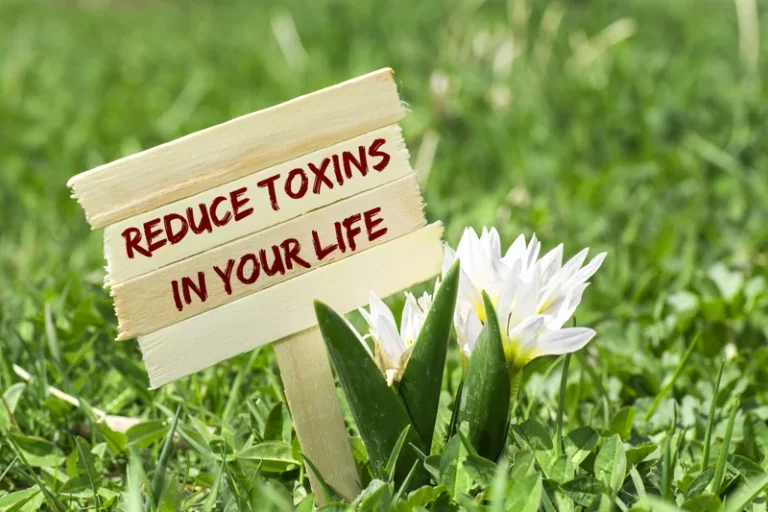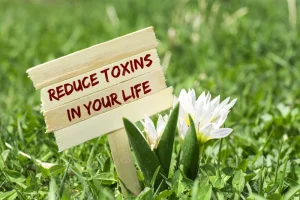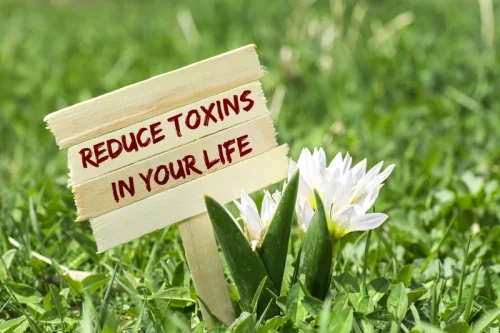
This workhorse vitamin converts food into energy in the brain, nerves and heart. It helps the body process fats and proteins and break down carbohydrates. There is no current cure for the Wernicke-Korsakoff syndrome. Medical experts say the best treatment for living with this disease is to stay sober, eat healthily and receive the most appropriate support for their ongoing cognitive and physical needs. Although Wernicke-Korsakoff syndrome has a low prevalence of between 0.4 percent and nearly 3 percent, doctors believe this disease is frequently misdiagnosed or underreported. Studies have found that about four out of every 100 cases of Wernicke-Korsakoff syndrome were missed because the brain was not microscopically examined during an autopsy.
A Seamless BCI Experience

The FHE Health team is committed to providing accurate information that adheres to the highest standards of writing. If one of our articles is marked with a ‘reviewed for https://ecosoberhouse.com/ accuracy and expertise’ badge, it indicates that one or more members of our team of doctors and clinicians have reviewed the article further to ensure accuracy. This is part of our ongoing commitment to ensure FHE Health is trusted as a leader in mental health and addiction care. Wernicke-Korsakoff Syndrome is not a death sentence.

Careers

However, the term “wet brain” carries and perpetuates stigma by inaccurately conveying that people willfully contract it. The truth is two people can have similar drinking patterns and one will develop Wernicke-Korsakoff syndrome and the other won’t. It’s a complex condition with many factors and, like alcohol use disorder, no one chooses it.
Family and Children’s Programs

If your mental fatigue interferes with your daily routine or is accompanied by other symptoms, it may be time to reach out to your health care provider for brain health support. About 1-2 percent of the population is affected by wet brain, according to research by the National Organization for Rare Disorders. Men suffering from alcohol abuse, between years, are slightly more affected than women of the same age.
- With the recent tragic events in Connecticut, it’s been hard not to remind myself every minute how lucky I am to have this life, this time with these children.
- Then much later, once everyone was ready to sleep, Henry was up again.
- Those greetings told me how much I was loved and that is what I carry with me today.
- Our next hope for a hotel was Columbus, but that was another hour away and we were getting worried.
Symptoms of Korsakoff Syndrome
- The methods and speed with which Neuralink pursued those goals, however, have resulted in federal investigations into dead study animals and the transportation of hazardous material.
- Can you put electrodes in the brain?
- Your body can’t produce thiamine on its own—it has to be ingested through your diet.
- This can reduce how much serotonin (a chemical messenger) your body produces, which can impact cognitive function and lead to symptoms of brain fog.
- This can be a tiring and overwhelming feeling, especially if you have a lot of obligations on your plate.
He was an early-adopter before everyone threw around phrases like “early adopter.” He was the first person I ever knew to have a computer. He had a laptop-type-device long before Apple was a household word and he was programming video games for his grandkids to play before most people knew what programming was. He kept physically fit every day of his life.
In most cases, mush brain symptoms of Korsakoff syndrome are preceded by symptoms of Wernicke encephalopathy. When an alcoholic suffers an acute lack of vitamin B1 too rapidly, the onset of Wernicke encephalopathy may be severe enough to demand emergency medical attention. How life with Wernicke-Korsakoff syndrome continues depends on how severely someone is affected by the disease and wet brain symptoms. Importantly, they may be able to live on their own with assistance from their caregivers or home health aides. Besides, the onset of Wernicke-Korsakoff syndrome and symptom severity is not considered to be a direct relation to how much or what kind of alcohol a person drinks over their lifetime.

